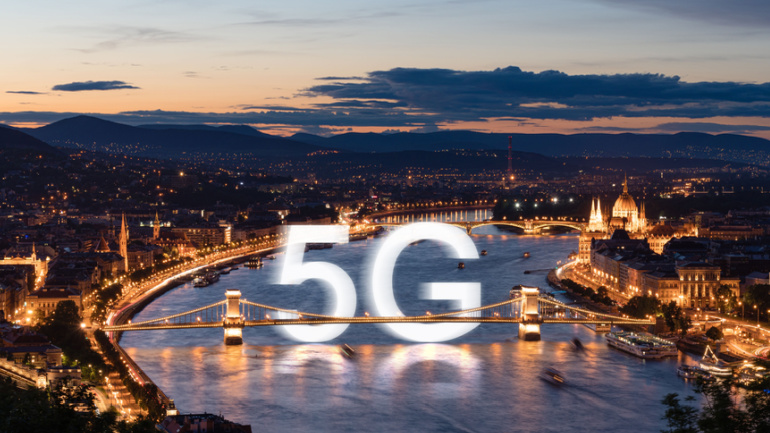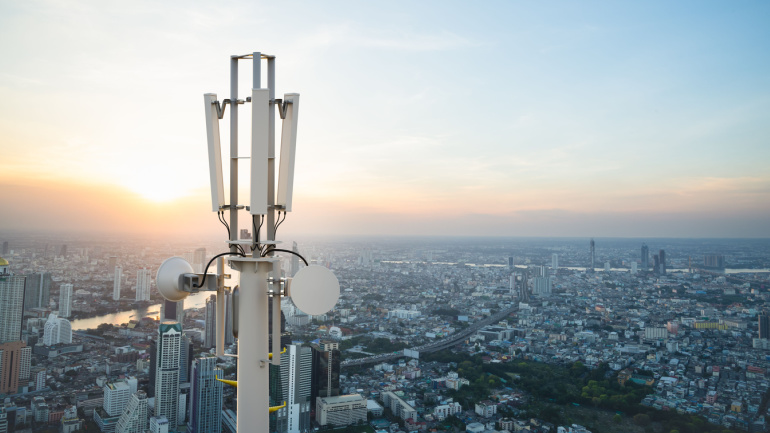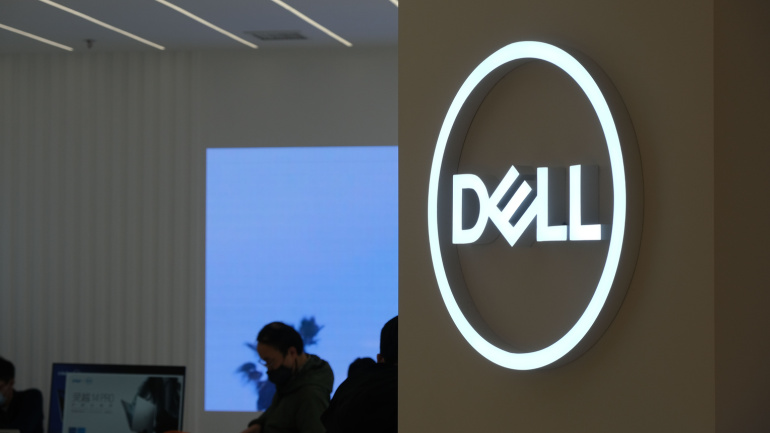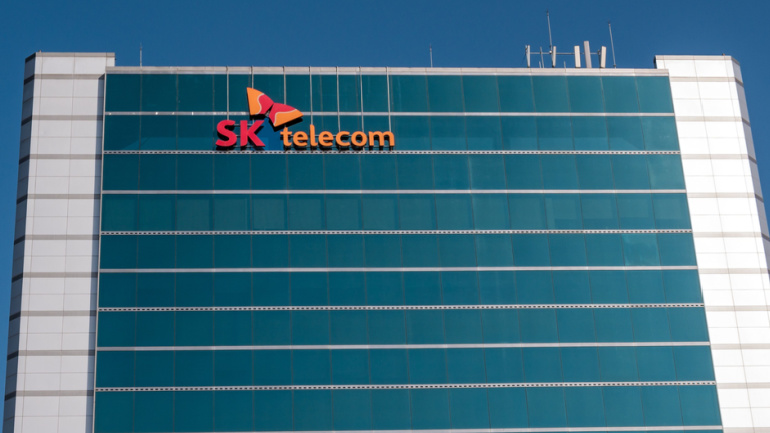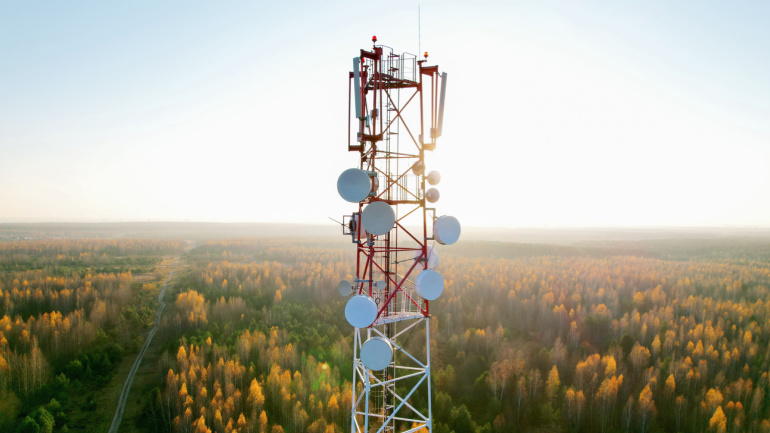Europe’s 5G networks showcase impressive download speeds, potentially positioning them as a viable alternative to fixed wireless access (FWA) connectivity. With Norway and Spain leading the way, 5G is maturing into a justifiable investment, rivaling broadband and low Earth orbit satellite services in several European countries.
5G rollout challenges prompt MNOs to consider innovative collaboration with neutral host providers, enabling shared infrastructure and accelerated network expansion while navigating cost concerns and growing user demands.
Telecom operators worldwide tackle rising energy demands and stringent regulations by adopting renewables and innovative technologies. Transparency in green initiatives helps retain customers, while tailored energy strategies and efficient power systems promote sustainability in the industry.
New Zealand’s government collaborates with leading telcos Spark, 2degrees, and One to allocate 3.5-GHz spectrum for 5G services, improving mobile coverage nationwide. With funds supporting rural connectivity, both parties anticipate better service quality and seamless network access for users.
Dell invests €2 million in Ireland’s Open Telecom Ecosystem Lab, aiming to collaborate with EMEA telecom firms on 5G and 6G innovations, boosting smart manufacturing and digital cities while promoting opportunities in network infrastructure.
South Korea’s Ministry of Science and ICT revokes SK Telecom’s 5G license in the 28 GHz band due to unmet rollout requirements, mirroring the fate of rivals KT Corp and LG U+ last year. This leaves South Korea without high-band 5G, as other countries advance in the mmWave ecosystem.
Discover how enhanced indoor coverage for communication networks is shaping the future of 5G, with innovative use cases such as online gaming, AR, and telemedicine. Learn about Huawei’s industry-leading solutions, including the LampSite technology, designed to improve spectrum utilization, energy efficiency, and IoT readiness.
Global mobile roaming data revenue is predicted to reach $10 billion in 2024, driven by 5G demand among travelers. Telecom operators face challenges in balancing costs with customer protection, as eSIM adoption and travel mobility services expand, intensifying competition.
Ericsson and Telia join forces to establish the Baltics’ first enterprise 5G network at a key supply site in Estonia, aiming to enhance productivity, agility, and sustainability, while enabling connected use cases like asset monitoring, digital twins, and more. This collaboration also boosts Ericsson’s growing private 5G offerings and emphasizes the potential of private 5G networks in driving innovation across various industries.
Verizon’s innovative deal with infrastructure specialist Vertical Bridge promises accelerated 4G and 5G deployment in the US, showcasing a unique tower leasing model that fosters collaboration and transforms mobile tower management.



